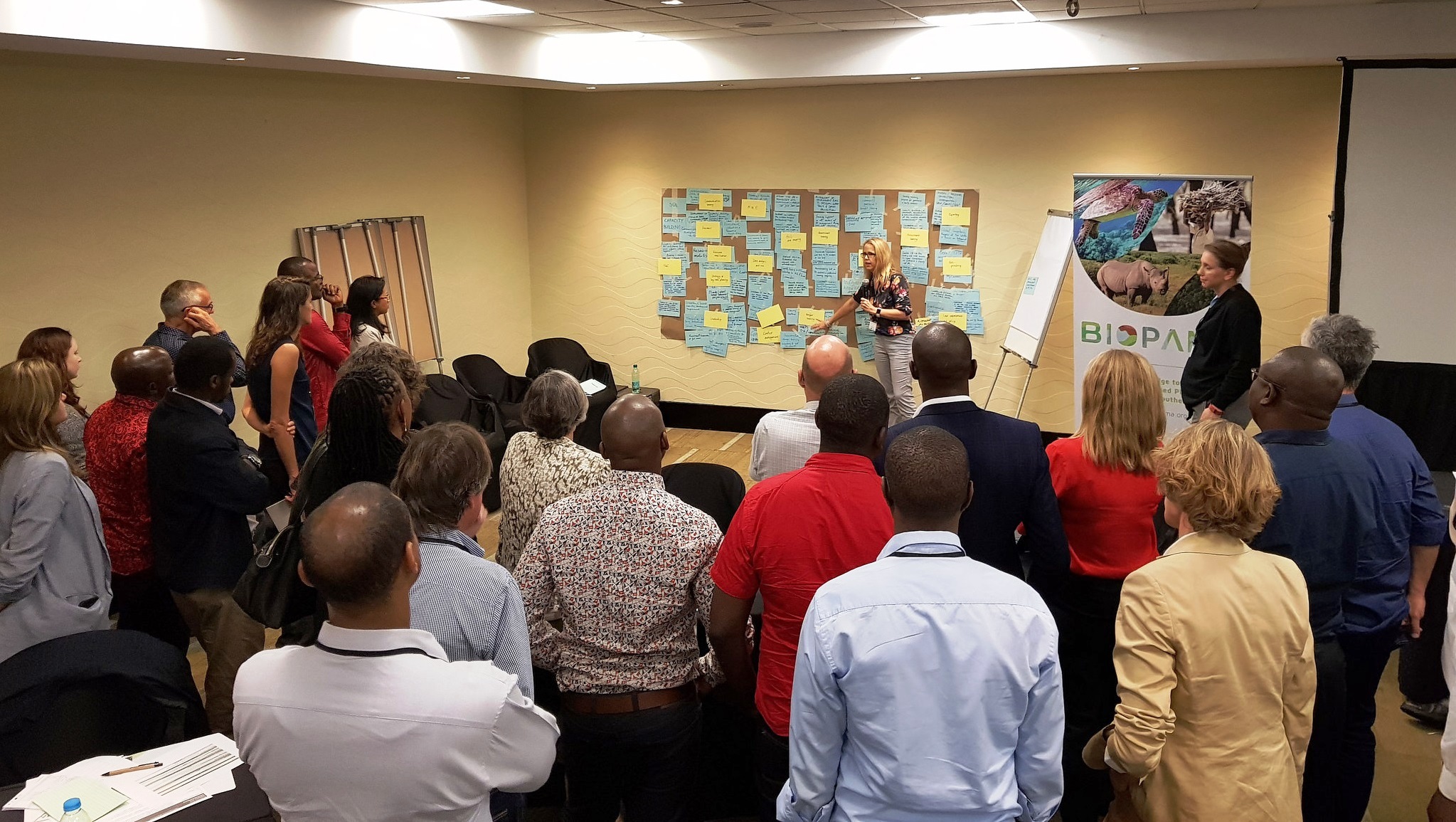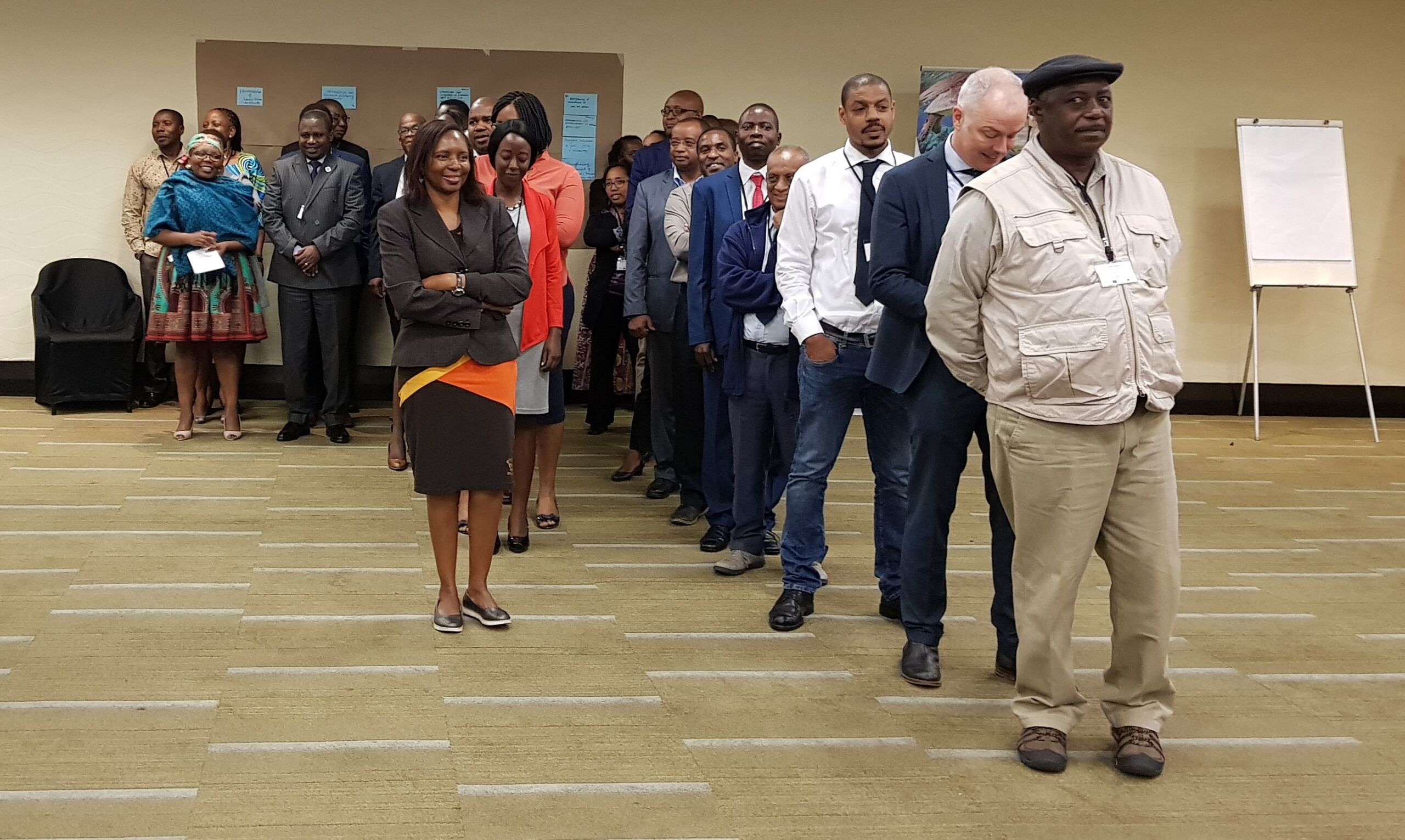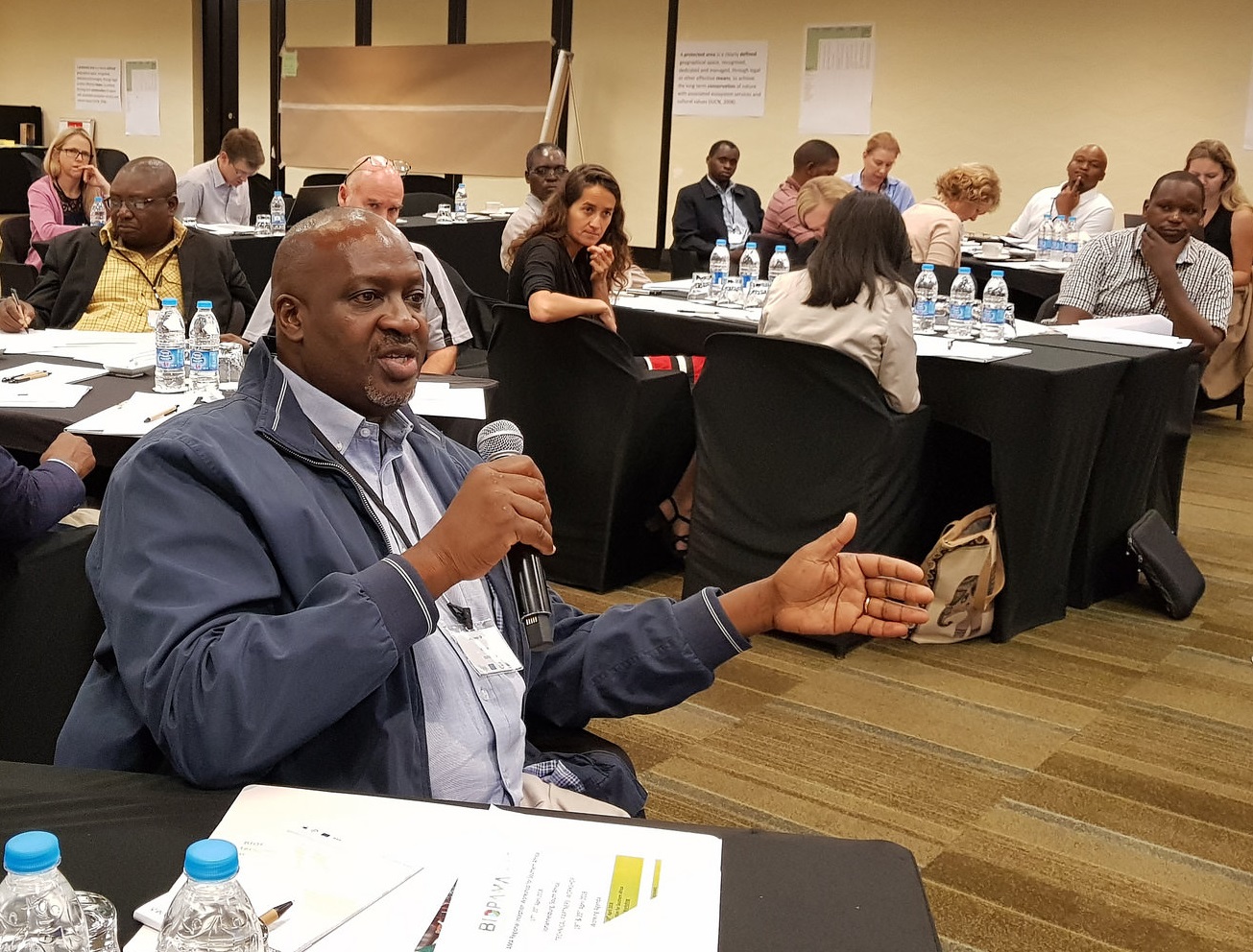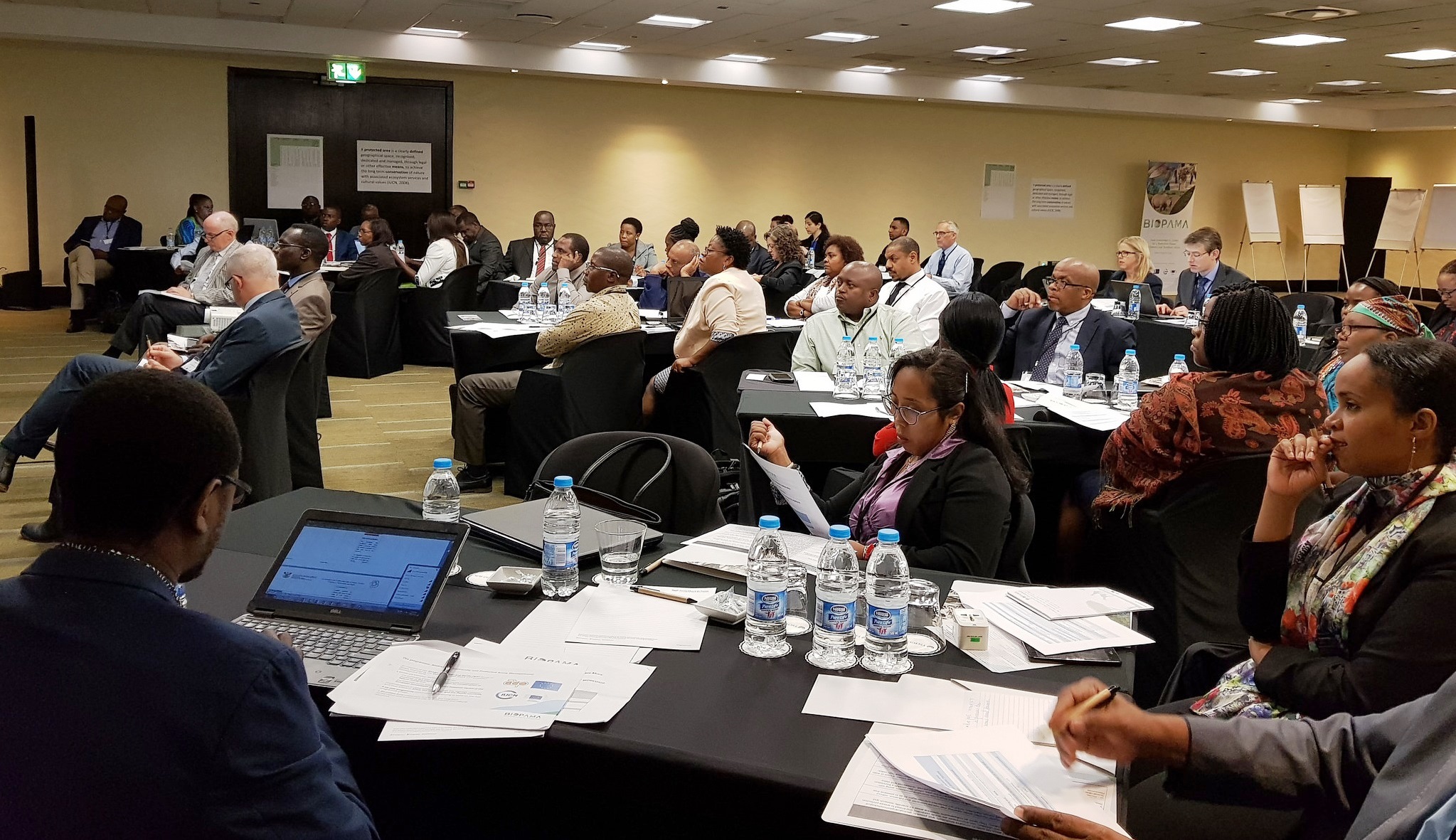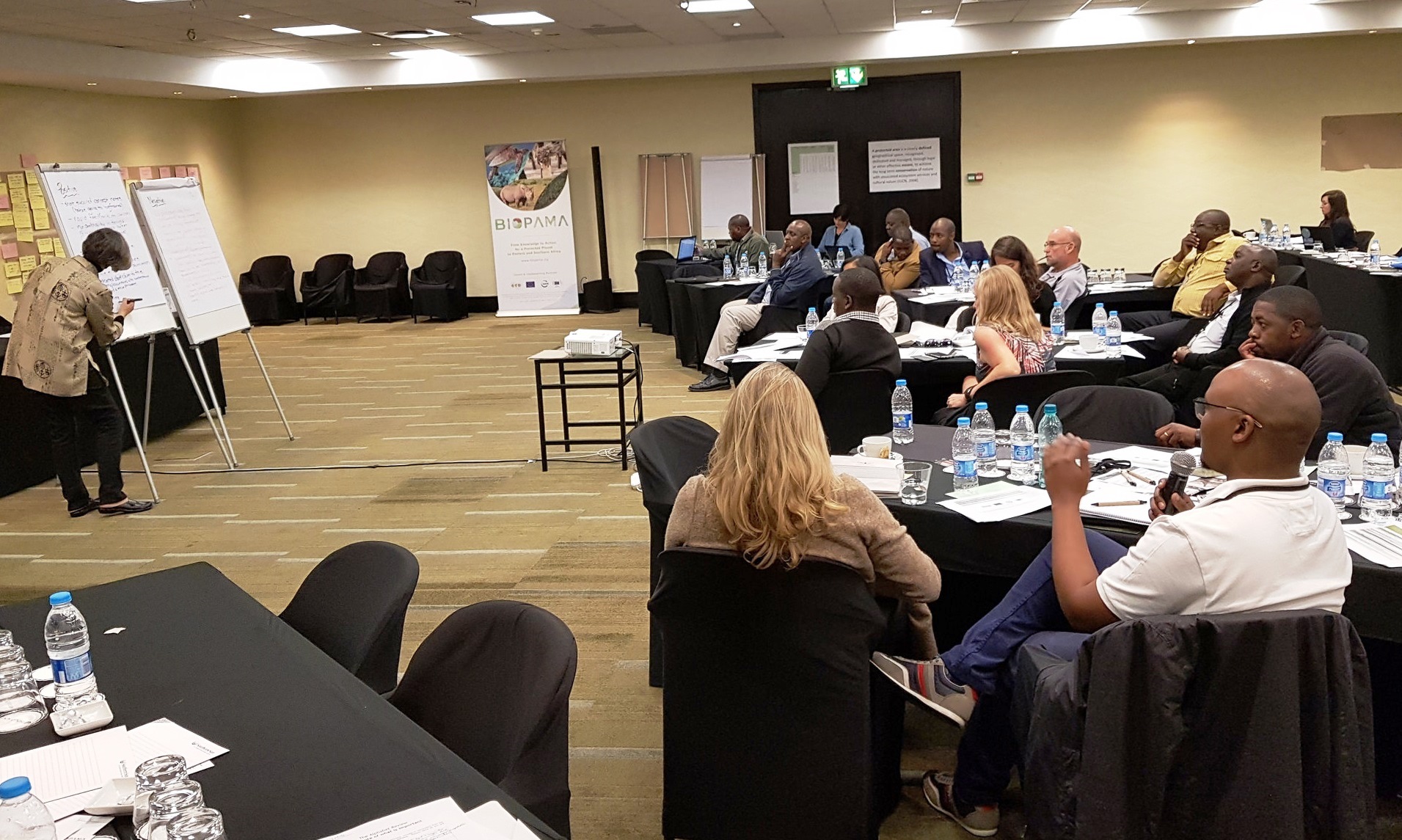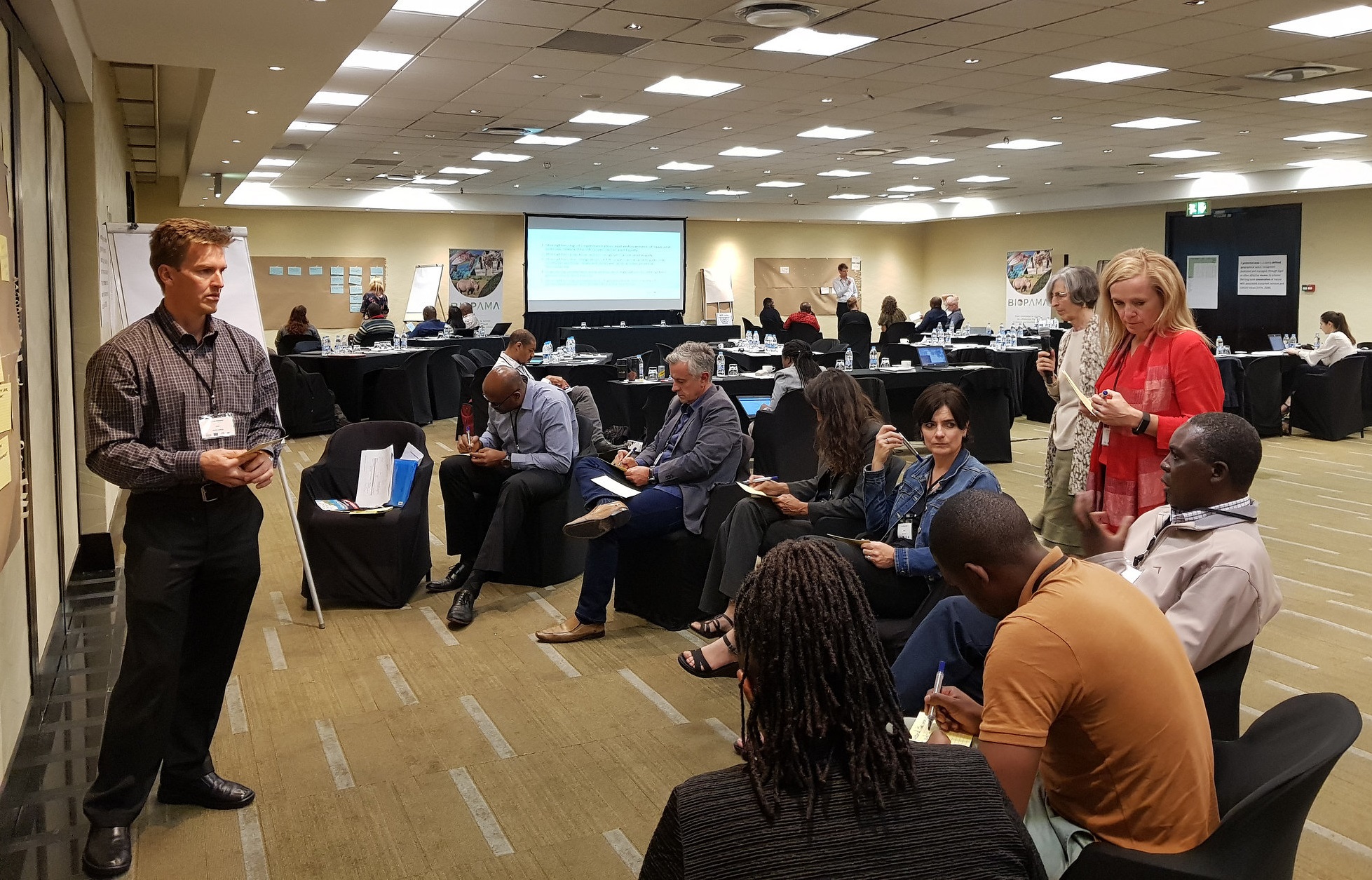H.E EU Ambassador to South Africa Dr. Marcus Cornaro and ACP Secretariat Environment and Climate Change Programme Officer Edmund Jackson officiated the event, which drew active participation from representatives from protected area and wildlife authorities as well as regional inter-governmental organisations Southern African Development Community (SADC) and the Indian Ocean Commission (IOC).
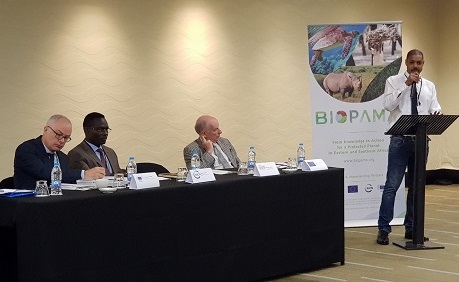
A global partnership and an initiative of the African, Caribbean and Pacific (ACP) Group of States, BIOPAMA combines the protected areas and biodiversity conservation expertise of the International Union for Conservation of Nature (IUCN) and the scientific know-how of the European Commission’s Joint Research Center of the (JRC).
With EUR 60 million funding from the European Union’s 11th European Development Fund, the six-year initiative will continue to build on successes from the first phase of the programme by reinforcing the management and governance of protected and conserved areas through better use and monitoring of information and capacity development on management and governance.
“This initiative underlines the European Union’s longstanding commitment to push for science-based policy-making and tracking progress in collaboration with strong implementing partners,” said H.E EU Ambassador to South Africa Dr. Marcus Cornaro.
Organised with the aim of affirming key regional priorities and expectations, the four-day inception meeting served to secure buy-in and commitments from partners in the sector towards advancing programme implementation. The forum also provided a worthwhile opportunity to interrogate key issues in protected area governance, equity and management and identify focal points in the relevant institutions for different aspects of implementation.
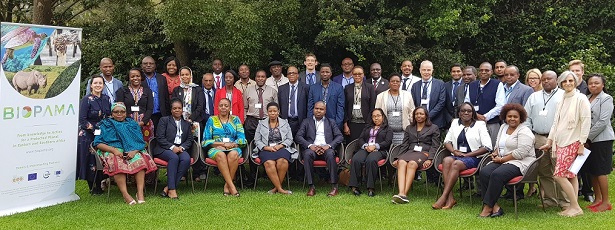
With a second phase of implementation resumed in 2017, BIOPAMA continues to work in the African, Caribbean and Pacific countries – home to more than 3 billion people whose livelihoods depend on natural resources. Nearly half of the world’s biodiversity hotspots and over 9,000 protected areas, terrestrial and marine are located in these countries.
“As a leading provider of conservation data, assessments and analysis for the past 70 years, IUCN recognizes that protected areas are an important tool for the conservation of biodiversity and landscapes,” said IUCN Eastern and Southern Africa Regional Director Luther Anukur. “With Southern Africa as home to some of the greatest biodiversity on the planet, BIOPAMA is an especially important programme for the region,” he added.
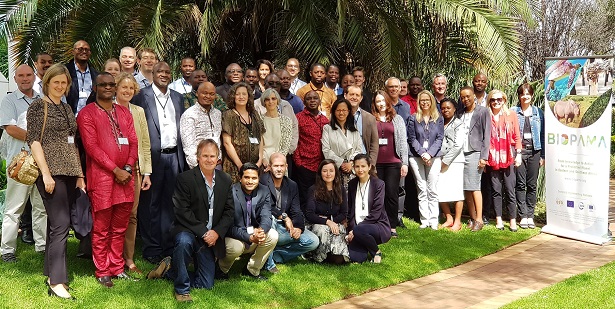
In partnership with stakeholders and regional partners, BIOPAMA is establishing and consolidating regional observatories for protected areas in Eastern and Southern Africa, Central and Western Africa, the Caribbean, and the Pacific. Key features of the regional observatories, the Reference Information Systems (RIS) are tools that gather in one place all the available protected area and related information.
“Data and information are key, but only if they are used properly. The tools we build through the BIOPAMA programme are for all of us, to use protected area data and information for better decisions, and then make the step from knowledge to action”, highlighted BIOPAMA project coordinator at the Joint Research Centre of the European Commission, Stephen Peedell.
Under the tag line From Knowledge to Action for a Protected Planet, the programme is set to run until 2023 and includes an innovative Action Component – new in this phase, which will provide funding opportunities for specific site-based actions.
This forum comes on the back of the Caribbean inception workshop held in New Kingston, Jamaica in March, 2018. The Eastern Africa inception workshop will take place in Nairobi, Kenya from 22nd to 25th May, 2018.
“The workshop was well-organised, well-structured and excellently facilitated,” said SADC Food Agriculture & Natural Resources Senior Programme Officer Deborah Kahatano. “Continuous active engagement made the forum meaningful for participants; the commitment of the BIOPAMA partners and team is evident,” concluded Kahatano.
The Workshop report is available at this link.
- Feedback from the world café on protected area management effectiveness
- Workshop participants voting on the protected area governance priorities
- Group discussions, intervention by IFAW representative, Dr. Joseph Okori
- Working session at the BIOPAMA workshop for Southern Africa
- Feedback session at the BIOPAMA inception workshop, 20 April 2018
- World Café sessions at the BIOPAMA workshop for Southern Africa
Related News

prev




